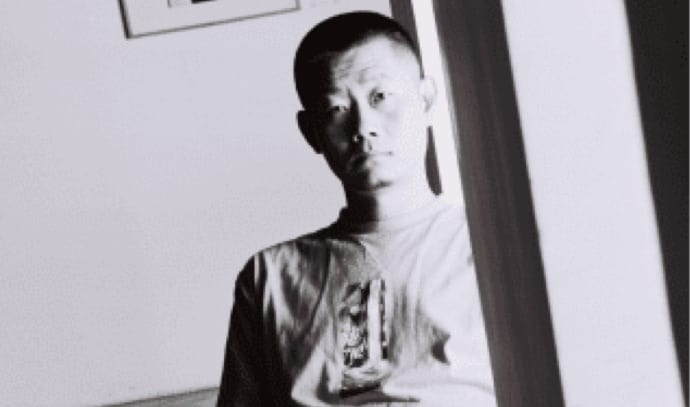

Born in Beijing in 1962
Participated in 1985 Art Movement Activity
Planned and participated in “1986 The Last Art Exhibition”
Graduated from Zhejiang Academy of Fine Arts (at present known as China Academy of Art) in 1986 with Bachlor's Degree
Graduated from Japanese National Osaka Kyoiku University in 1992 with Master's Degree
Founded "Digital Communications Beijing" and "Digital Space Beijing" in Beijing in 2000
Published "Details" series Master Brushwork in 2011
Travelling actively between Beijing, Japan, America and other places in the name of an independent artist since 1986
The Zhengzhou Museum of Mirror Image opened in 2020, the first museum devoted only to ZHU Wei’s art
At present, living in Beijing and Seattle
Mr. ZHU Wei was first engaged as a guest visual artist to paint for our music seasons four years ago, in 2019. Over the years, his works have been part of our memory and footprints, and greatly broadened public perception of the relationship between music and the visual arts.
For this new music season, ZHU Wei chose to use abstract paintings for expressing his understandings of the “Tales of Home” theme. This group of paintings, titled “The Spring of the City,” consists of 16 panel paintings. On quite a cold early spring day of 2022, Zhu and I went on an outing to the sub-centre of Beijing, where he saw the Central Green Forest Park with budding plants, the peaceful Grand Canal, the new performing arts centre under construction, and the sites of renovated modern-time industrial remains. During the trip, we also talked about the rather unpleasant weather of early spring in the north, the nonchalance and steadfastness of people living here, and the always steady change and growth of the city, fast or slow. He told me, afterwards, that following the trip as short as less than a day, which he likened to a simplified field survey, he spent days thinking, and that the “survey”, though not a complete one, inspired him to think about so many questions that he felt it necessary to express how the trip impressed him with a group of abstract paintings.
Perhaps because I was part of that trip also, the moment I saw the paintings, I felt strongly about them and recalled what I had been thinking about at the time. Artists, whether they are painters or musicians, often can use unique techniques to turn our feelings at a particular time and in a particular place into texture, color, rhythm, and tempo, in which a great many indescribable yet unusually clear impressions we then had are hidden, perhaps of people, things, or nature, or of stories, emotions, the past, or the future, or perhaps of transient and elusive temperature, humidity, or speed, or even vague imaginations or illusions. Works of painting or music thus created, often like strokes of genius, would become things wonderful in the world; they are things independent of us, but sometimes we would feel them to be an inalienable part of our bodies, feelings, or memories, and even feel without doubt that they are somewhere deep in our bodies, memories, or hearts. So far as I am concerned, these paintings by Zhu are simply those very things.
From these “The Spring of the City” paintings, I could see the gorgeous green in the spring of Beijing, the bushy and wet pagoda trees in the summer, the golden streets on autumn days, and the crisp and clear blue and white in the winter after snow, then recalling the noisy, torrid but tender downtown on summer nights, the damp rotten woods mingled with the smell of cooking in the old courtyard houses, the distant mountains hugging the winding Great Wall alone in late autumn.... All these, in my eyes, are the colors and rhythms unique to Beijing, relating its vicissitudes, generosity, and tenacity and ultimately forming the city that we call home. Perhaps, when you see these paintings, you might see different things or more things, and you also might dismiss completely what I feel about them. It does not matter what you could see in them; what matters is that at that moment, you could think of the feeling of returning home and consequently feel ineffable quiet, easiness, and joy. Is it not true that to us human beings, poetry and wine, music and entertainment, calligraphy and painting, mountains and rivers, and immense world of art, are the bigger, broader, and longer-lasting home outside of our “small homes”?
Once again, I would like to thank ZHU Wei. And I hope that these paintings can inspire our musicians and audiences so that our musicians can always keep in mind their duty to use music to build a spiritual home common to all, and our audiences always can find in our music glittering sparks that show them where they spiritually belong.
Spring in the City

















